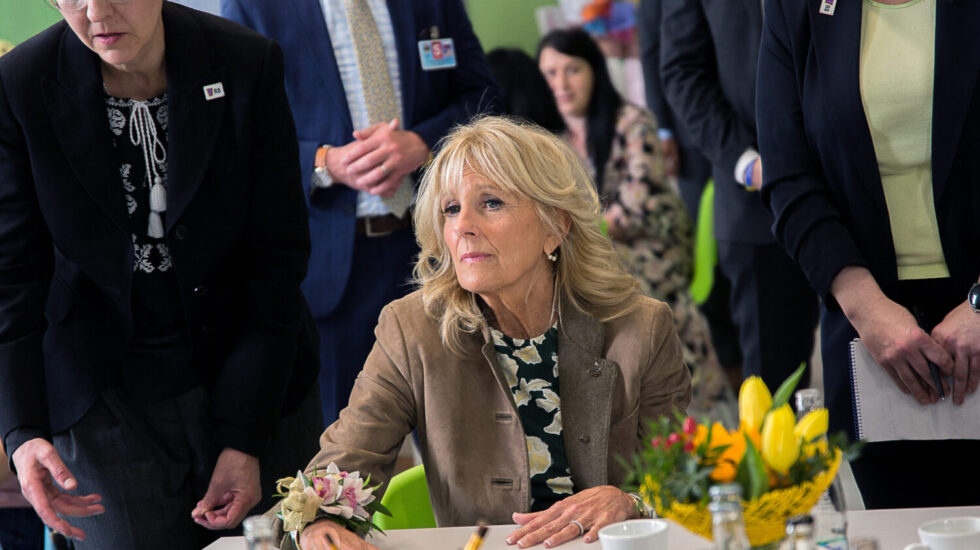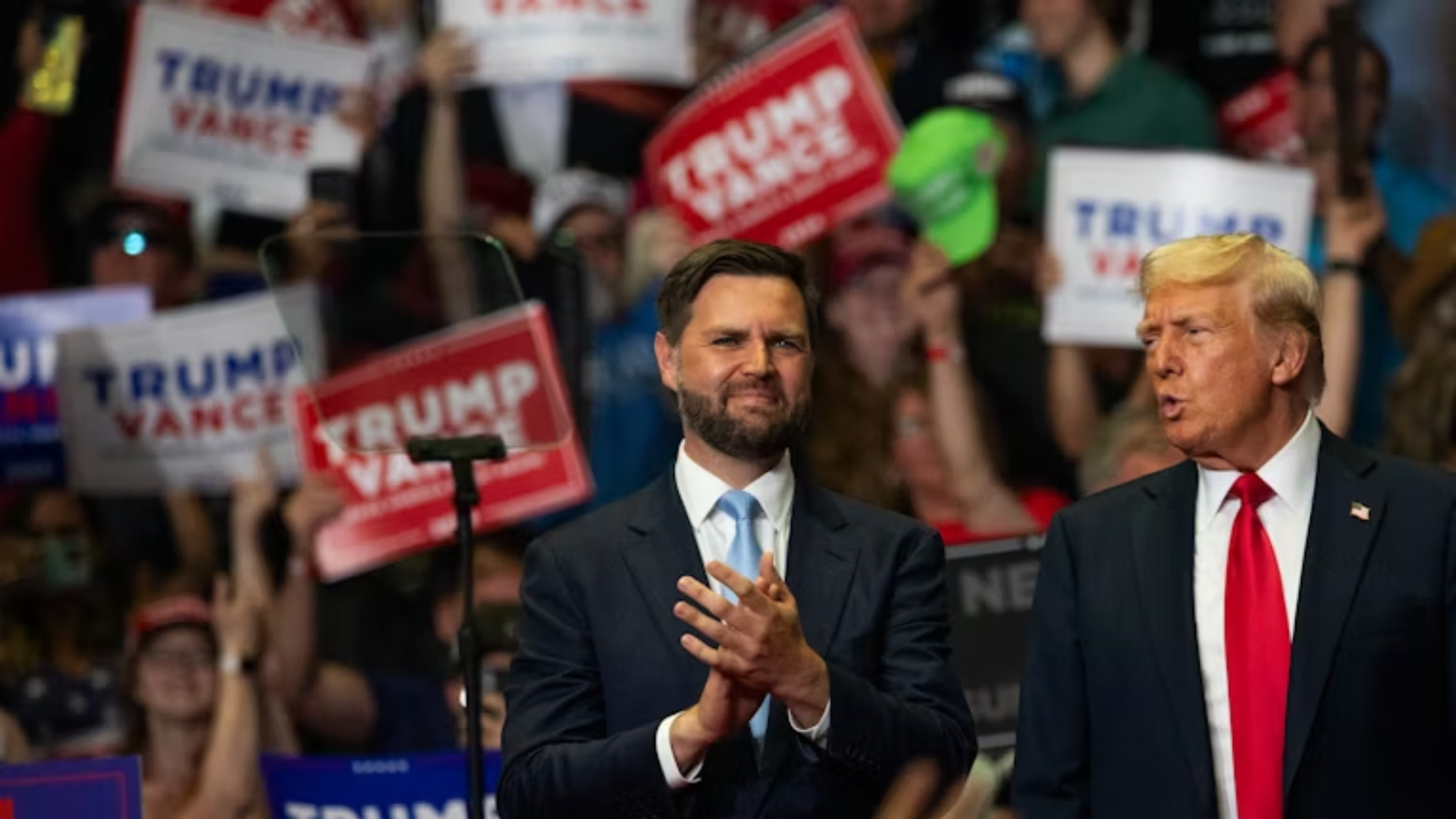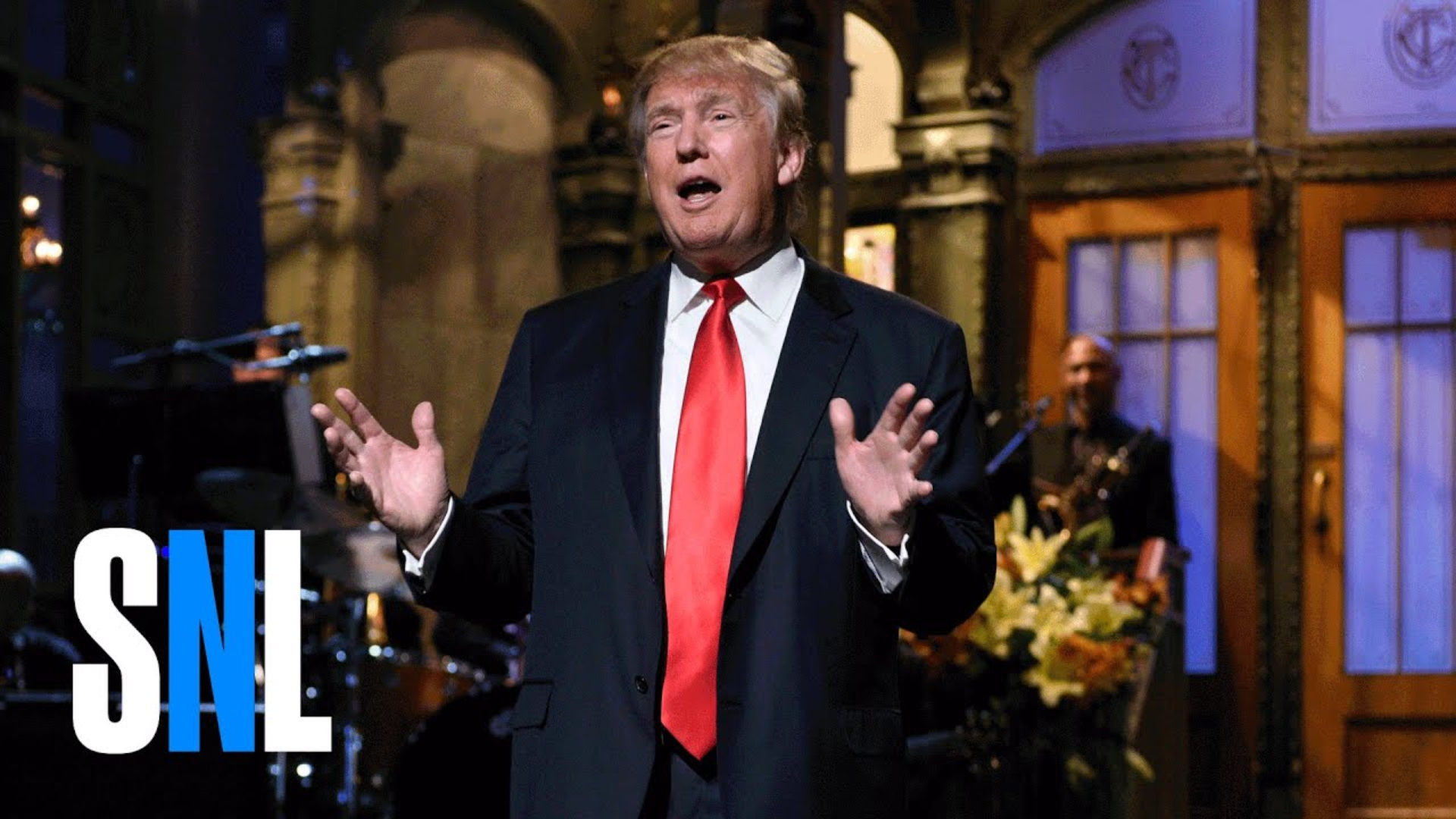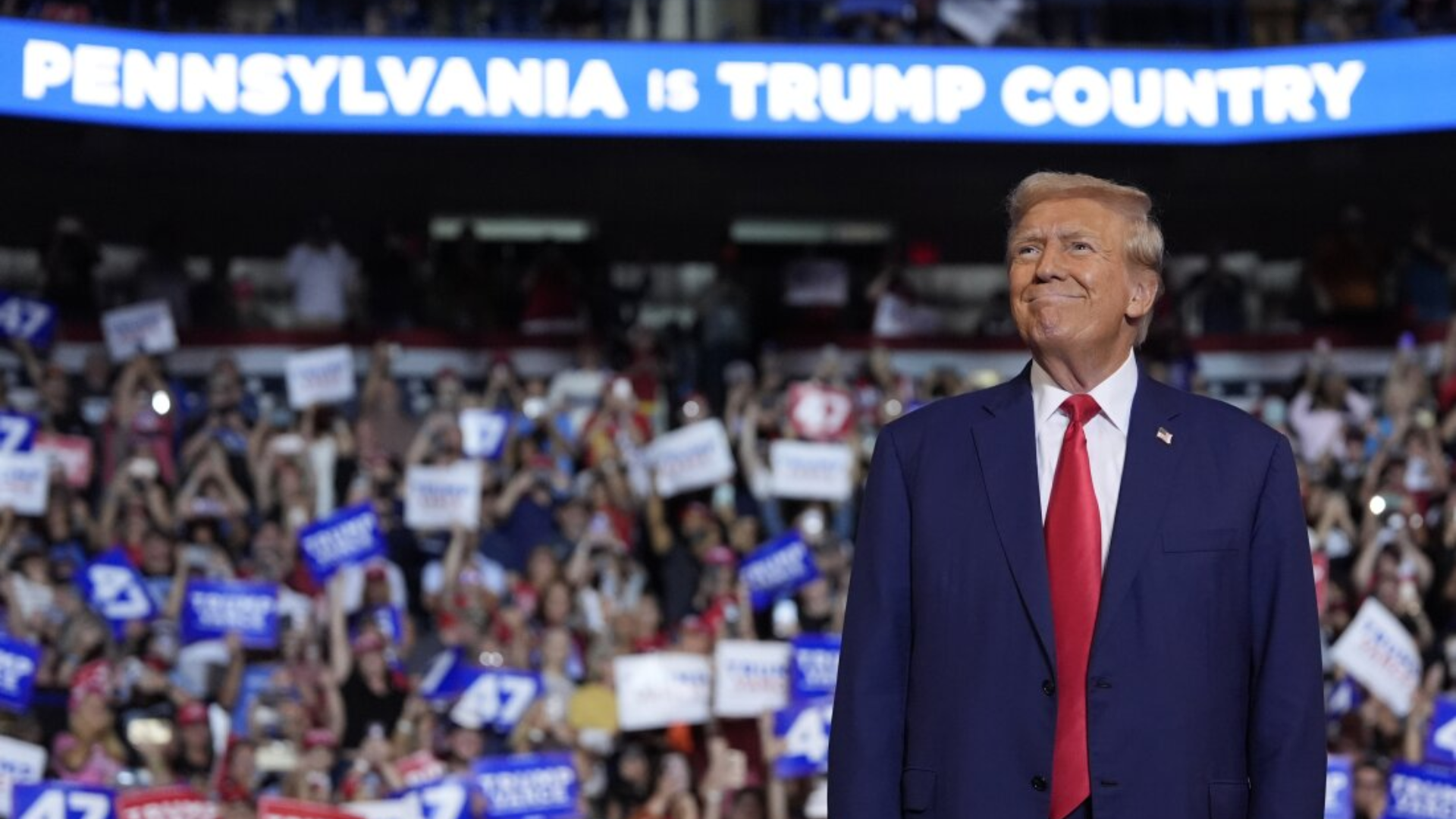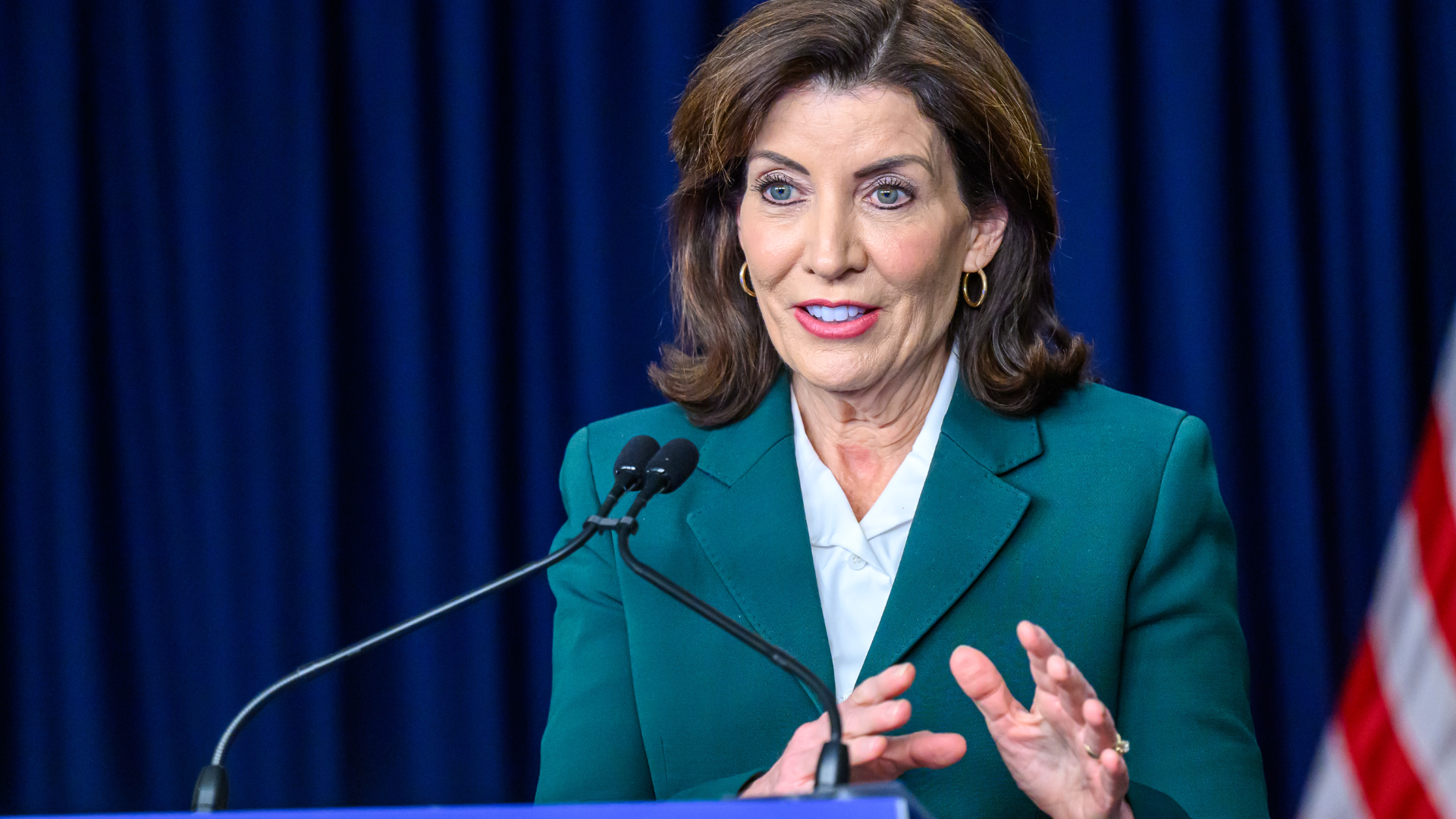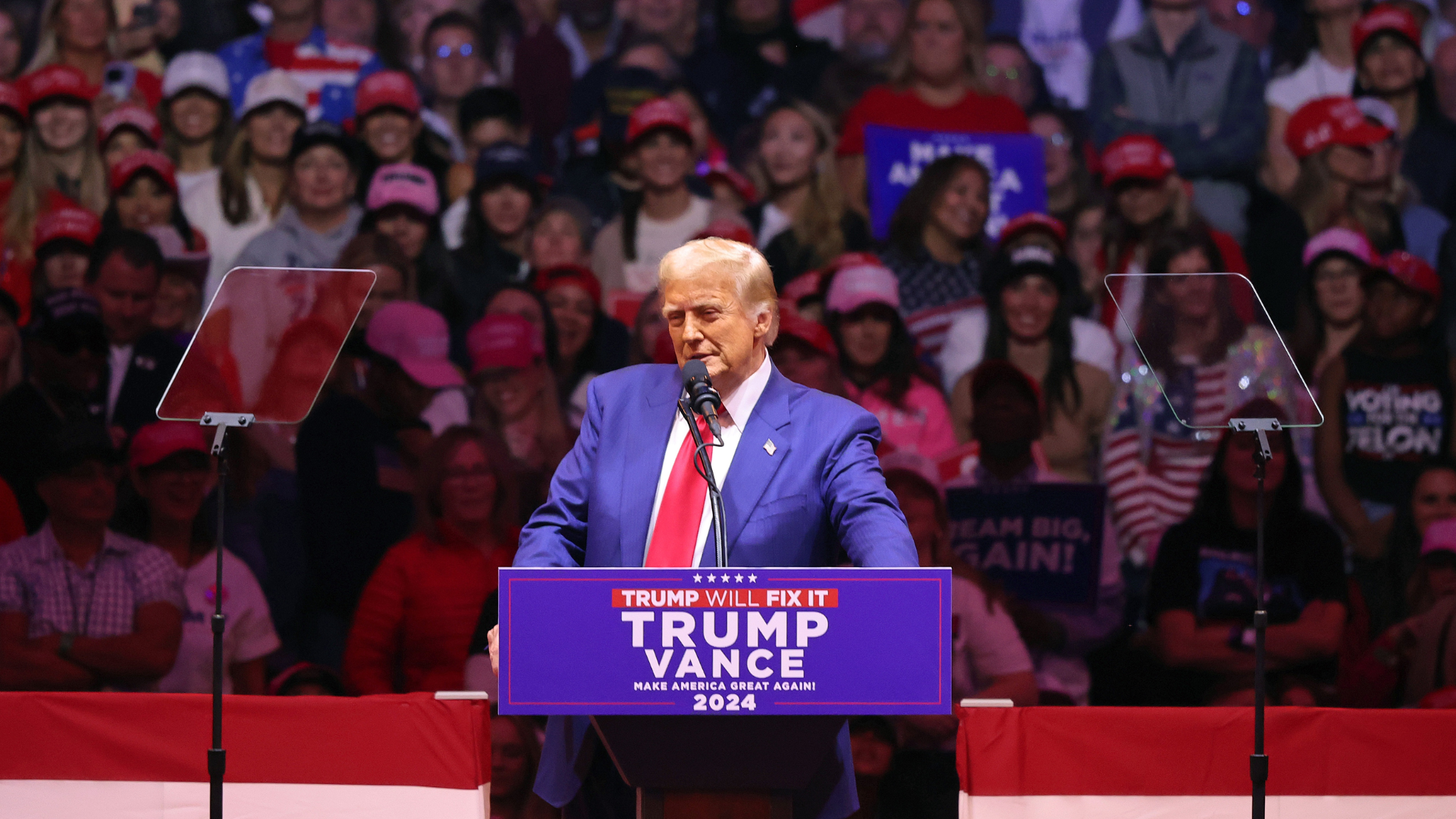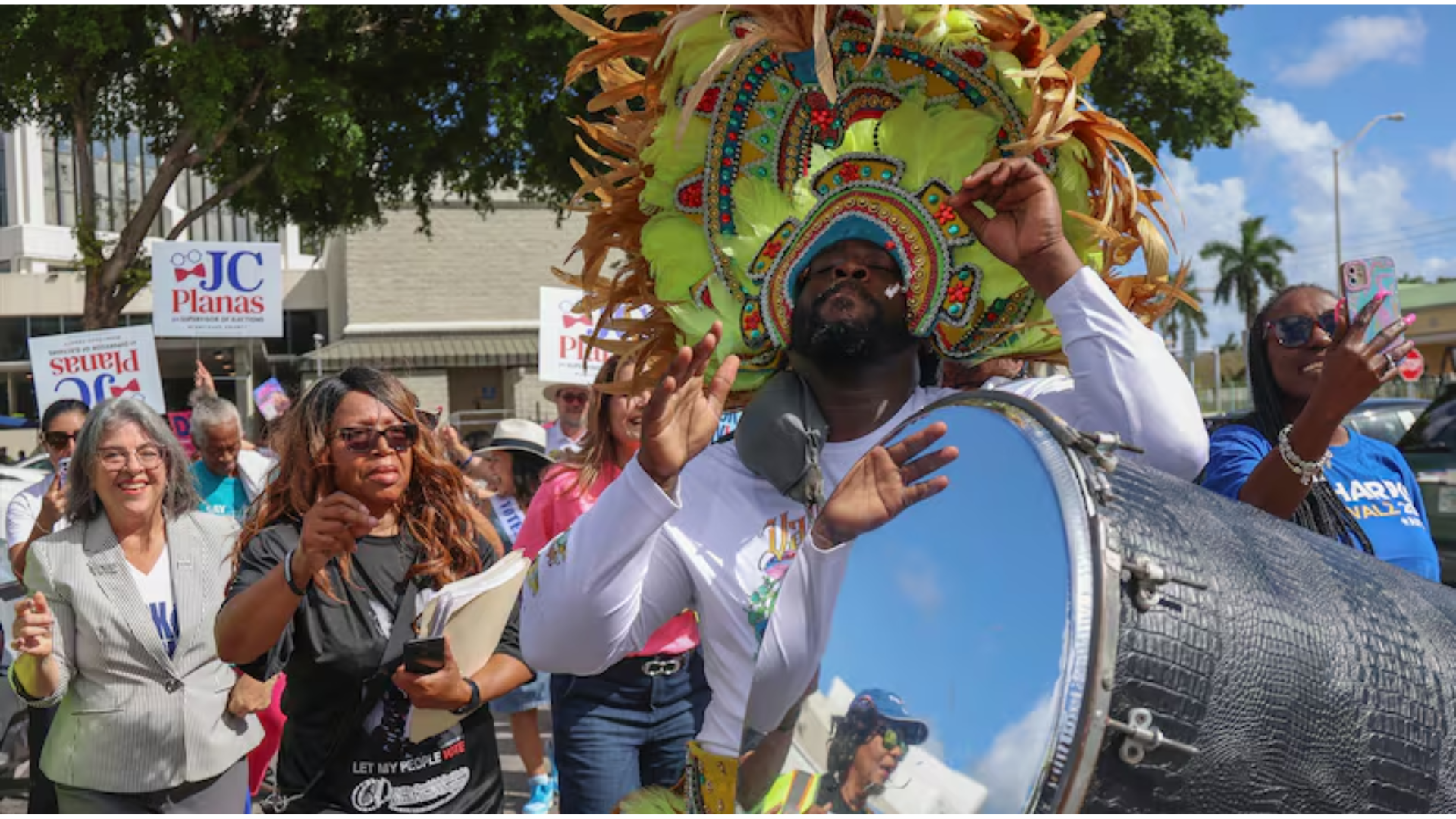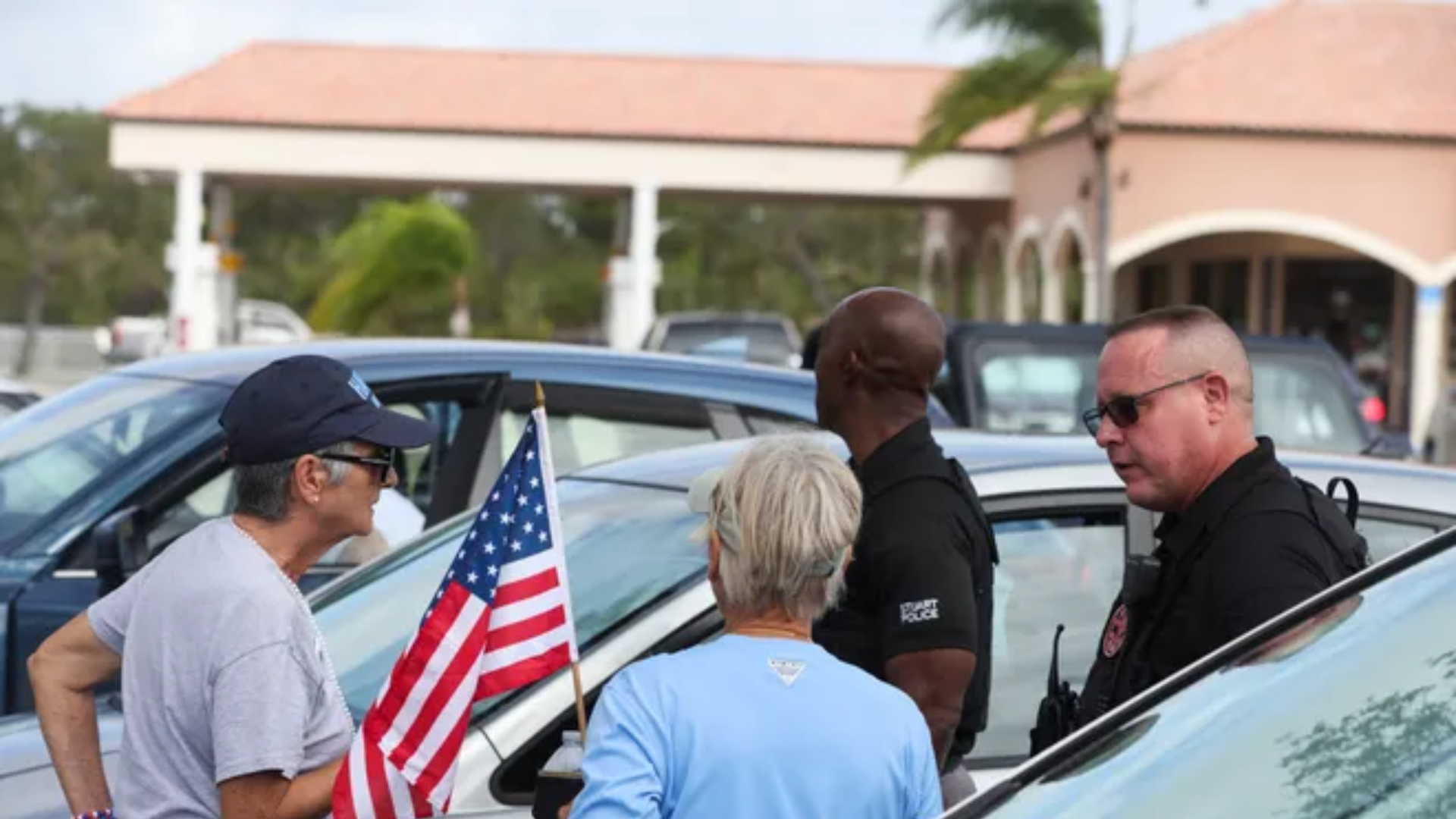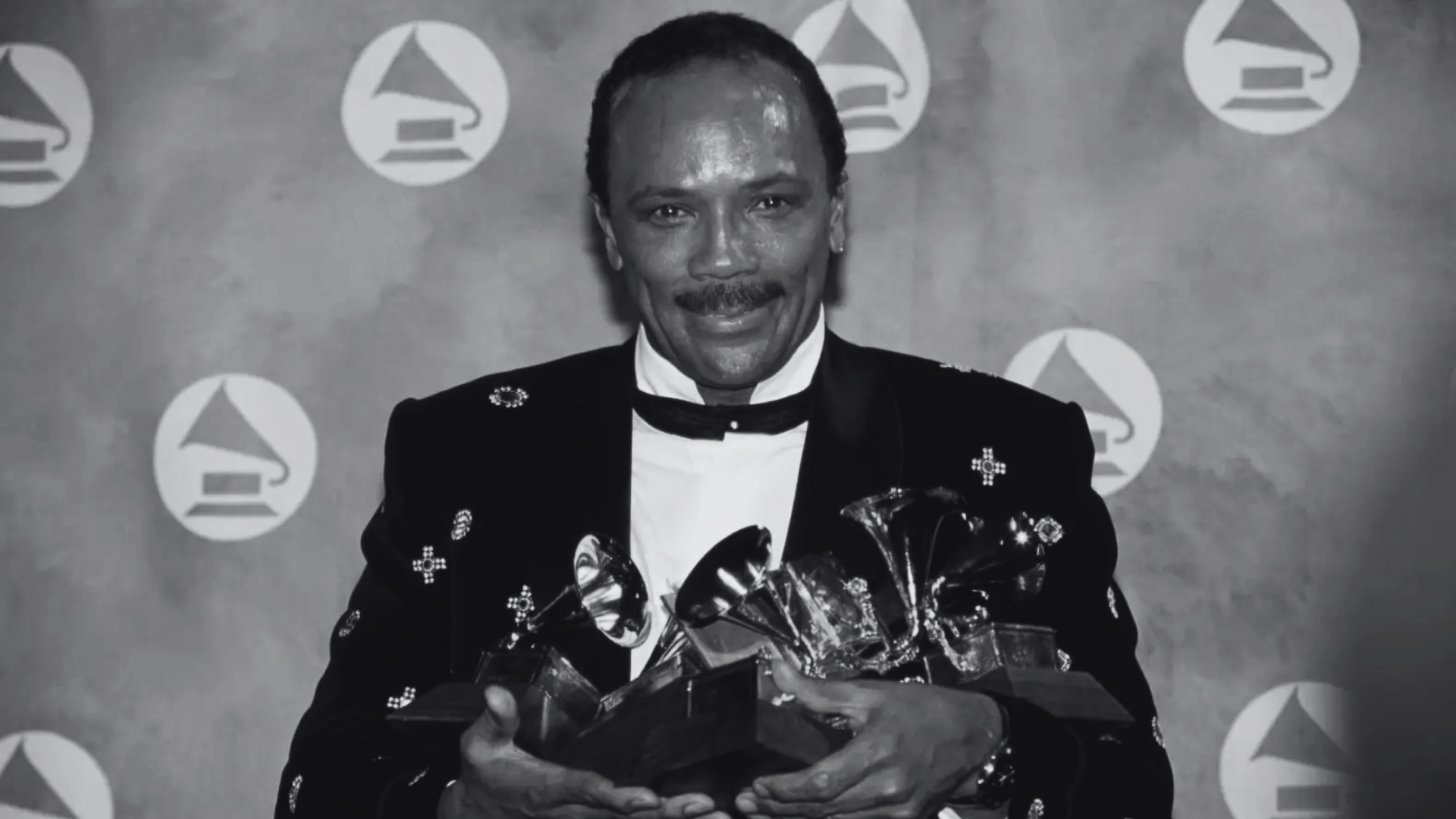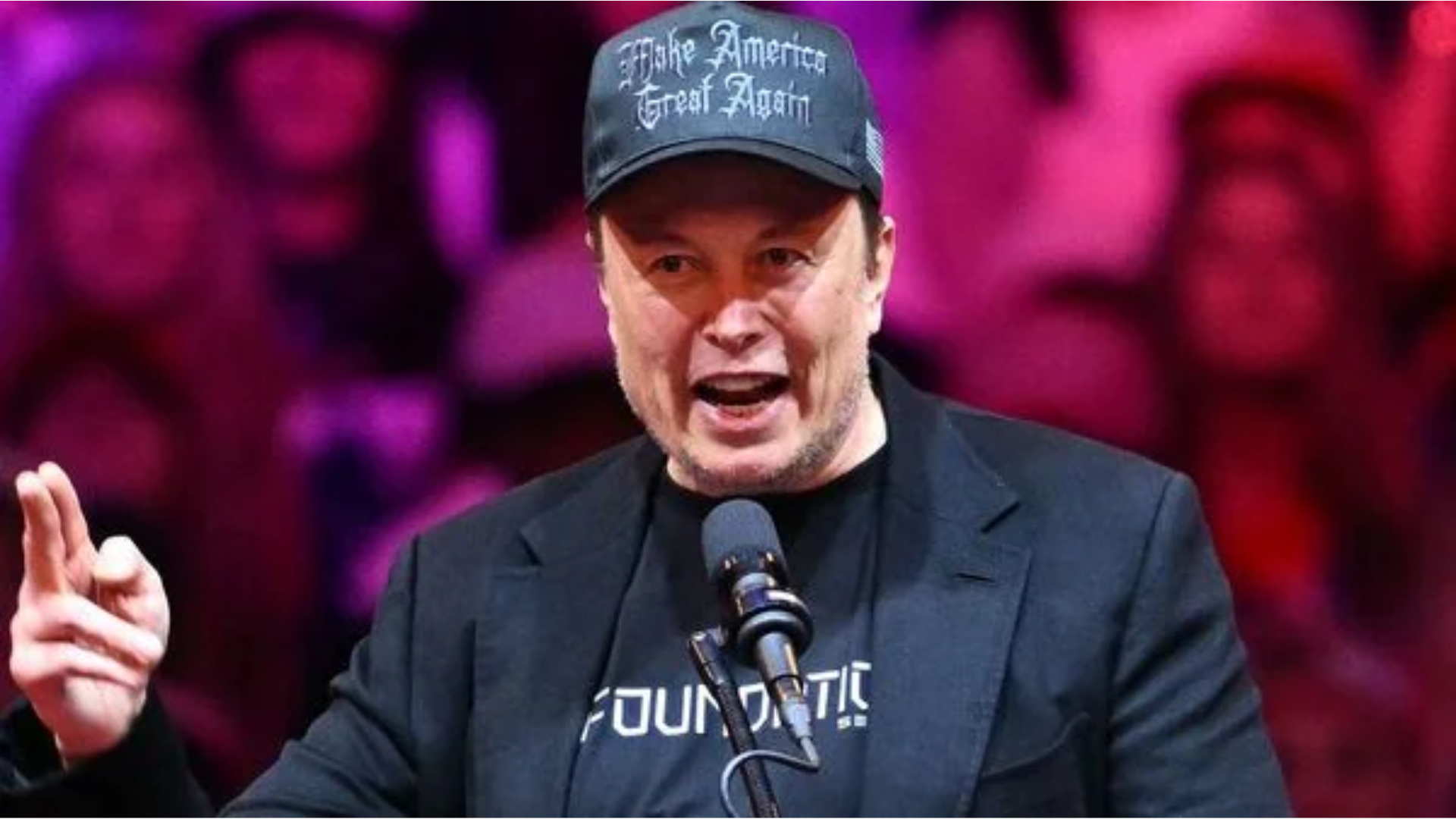
As Election Day approaches, Donald Trump is intensifying efforts to reshape the narrative surrounding the January 6, 2021, Capitol riot, now calling it a “day of love.”
During a recent Univision town hall, Trump falsely claimed that none of his supporters carried firearms and attempted to distance himself from the violent attack.
One Republican audience member confronted Trump about his actions that day, stating,
“I want to give you an opportunity to win back my vote,” and expressing concerns over Trump’s alleged inaction during the insurrection.
Trump quickly defended himself, repeating debunked claims, including the assertion that the crowd did not come to Washington because of him but due to concerns over a “rigged election.”

He referenced his social media post from December 2020, where he famously wrote, “Be there, will be wild!”
Trump’s defense relied heavily on his call for peaceful protest, but he ignored the violent aftermath that included the deaths of multiple individuals and injuries to law enforcement.
“Ashli Babbitt was killed. Nobody was killed. There were no guns down there,” Trump declared. Babbitt, a Trump supporter, was fatally shot by Capitol Police as she attempted to breach a restricted area.
Trump neglected to mention the other officers who died by suicide following the riot or those injured while defending the Capitol.
The Justice Department has provided ample evidence disproving Trump’s claims, detailing weapons, including firearms, carried by rioters that day.
More than 1,500 individuals have been charged in connection to the riot, with over 900 pleading guilty.
Despite these facts, Trump continues to downplay the severity of January 6, calling it the largest gathering he’s ever addressed and repeating, “But that was a day of love.”
This narrative is part of a broader trend in Trump’s 2024 campaign, where he and his running mate, JD Vance, deny the results of the 2020 election and minimize the violence of January 6. Vance.
When asked if Trump lost the election, replied, “No, I think there are serious problems in 2020, so did Donald Trump lose the election? Not by the words that I would use.” Vance also indicated he would not have certified the election if he were in Mike Pence’s position in 2021.

The continued denial of the 2020 election results and attempts to recast the events of January 6 have been met with swift condemnation from Democrats and Vice President Kamala Harris.
As the 2024 campaign intensifies, Harris and others have called out Trump for his ongoing attempts to undermine democracy, framing him as a threat to the stability of the nation.
Harris has made it clear that Trump’s refusal to accept the election outcome and his reinterpretation of the violent Capitol riot signal the dangers of his potential return to power in the upcoming election.
With the 2024 race in its final stretch, these competing narratives will likely shape the political discourse as voters decide the future direction of the country.
